INTRODUCTION
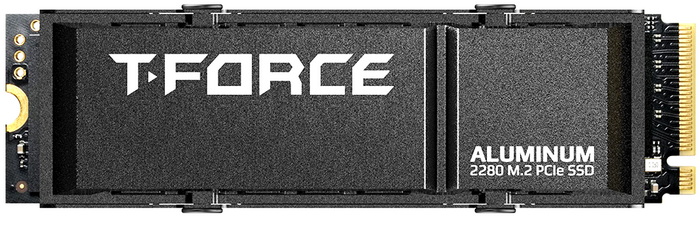
Just over a year ago I speculated that due to rising costs and overheating issues PCIe 5.0 Gen5 M.2 NVMe SSD models wouldn't appear in the market in large numbers and well, that has yet to happen. Instead PCIe 4.0 Gen4 models are still getting released all the time and well, with read and write performance numbers easily surpassing 7000MB/s (not to mention lower costs and reduced overheating issues) they should still be more than just fast enough to satisfy the majority of users out there. TEAMGROUP recently released their T-FORCE G70 PRO PCIe 4.0 Gen4 M.2 NVMe SSD and today with me i have the 2TB aluminum heatsink variant.
As a leading provider of memory storage products and mobile applications to the consumer market, Team Group Inc. is committed to providing the best storage, multimedia and data sharing solutions. All TEAMGROUP’s memory module products come with a lifetime warranty, repair and replacement services. Team Group Inc., also listed company at stock exchange market in January, 2019. In 2016, TEAMGROUP established T-FORCE gaming series which includes all the gaming memory module. In 2020, TEAMGROUP established T-CREATE brand for creative users. For more information, please visit the TEAMGROUP website at https://www.teamgroupinc.com/en/
For their G70 PRO line of PCIe 4.0 Gen 4x4 M.2 NVMe v1.4 SSDs (currently available in 512GB/1TB/2TB/4TB capacities either with a graphene pad on top or an aluminum heatsink) TEAMGROUP chose to go with the Rainier IG5236 eight-channel NAND controller by Innogrit together with 2GB DDR4L DRAM by Micron and 128-layer 3D TLC NAND flash from YMTC. This is the 8th time I've actually received an Gen4 SSD based on the Innogrit Rainier IG5236 and so once again this controller features end-to-end data protection, LDPC (low-density parity check) error-correction with SRAM ECC, programmable RAID, SLC smart cache, AES encryption and fully supports SHA, RSA, ONFI 4.1 and Toggle 4.0. As expected TEAMGROUP covers the G70 PRO with a 5-year limited warranty and as for endurance they report an MTBF (mean time between failures) of 3 million hours for all models and a TBW of 370 for the 512GB model, 740 for the 1TB model, 1480 for the 2TB model and 2960 for the 4TB model. So, time to see what TEAMGROUP offers with their latest PCIe 4.0 Gen4 M.2 NVMe SSD.
SPECIFICATIONS AND FEATURES

PACKAGING AND CONTENTS
The company logo is placed at the front of the box right over a product picture and of course the model name and capacity.
At the rear TEAMGROUP has placed warranty information, advertised performance (7400-6800MB/s) and an opening from where you can see the sticker on the SSD.
Along with the G70 PRO inside the box you'll also find an aluminum heatsink complete with a long thermal pad and 4 screws.
THE G70 PRO 2TB
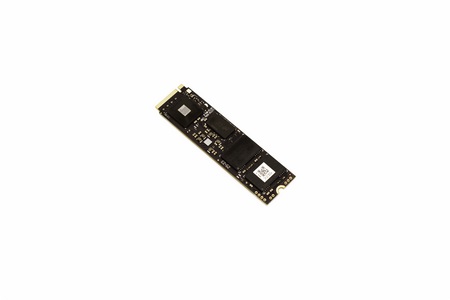
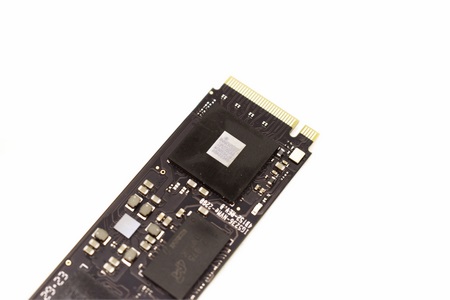
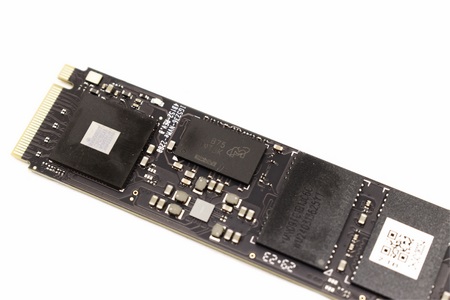
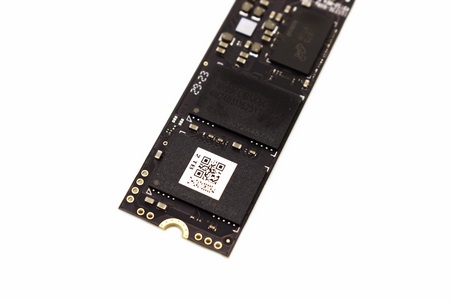 At the top we find the Innogrit Rainier IG5236 NAND flash controller, 1GB DDR4L DRAM by Micron and two 128-layer 3D TLC NAND flash modules by YMTC.
At the top we find the Innogrit Rainier IG5236 NAND flash controller, 1GB DDR4L DRAM by Micron and two 128-layer 3D TLC NAND flash modules by YMTC.
On the other side we find the usual sticker which has the product serial numbers, barcodes, electrical requirements, capacity and numerous certifications.
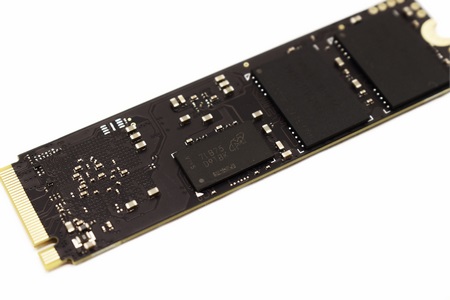
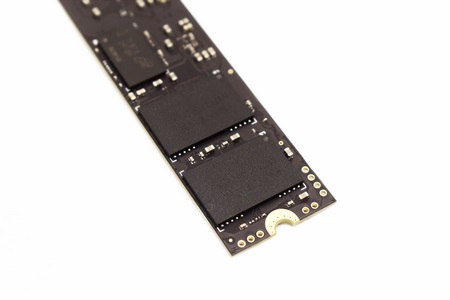 Underneath the sticker we find another 1GB DDR4L DRAM module by Micron and two more 128-layer 3D TLC NAND flash modules by YMTC.
Underneath the sticker we find another 1GB DDR4L DRAM module by Micron and two more 128-layer 3D TLC NAND flash modules by YMTC.
The aluminum heatsink is medium in size and even should be enough for the G70 PRO.
TEST BED
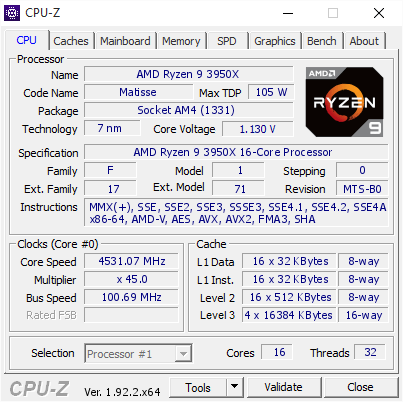

TESTING METHODOLOGY
Not long after I first started testing SSDs back in 2008, I concluded that it's almost impossible for any single benchmark suite to accurately measure their performance and that's why in certain benchmark suites we see amazing read/write performance numbers with some drives while in others things are quite different. The reason behind this is that some benchmarking suites are configured to read and write random chunks of data while others read and write constant (sequential) ones. So that's why i always use a very wide selection of benchmarking suites including AIDA64, HD Tach RW, HD Tune Pro, Crystal Disk Mark, Sisoftware Sandra Pro, AS SSD, IOmeter and ATTO. To get the most accurate results each test gets repeated a total of 6 times with the average performance numbers recorded into the charts*/****. Also, as of February 25th 2015 our results will also include the Storage Networking Industry Association’s (SNIA) IOMeter tests. These tests include a 12 Hour write test used to “simulate” performance degradation over time and a mixed workload test which basically shows what you can expect when using an SSD continuously for roughly two hours. Unfortunately, due to the time required for these tests they get repeated a total of 3 times and not 6 as the above.
Many people have made inquiries about our charts in the past so once again please do keep in mind that the Charts have the average performance numbers of each drive recorded and not the peak (highest) ones. Also, although every single one of these programs can help potential buyers choose the right drive for their needs you should also remember that from any kind of benchmark up to real world usage the gap is not small (and usually most differences will go unnoticed by most people). All tests were performed in a fresh Windows 10 Pro x64 installation complete with every update up to the date of this review.
* Since November 2018 the SSD comparison charts have been divided to 2.5” and M.2 models to reduce their growing size.
** Unless stated otherwise the Ryzen 9 3950x based Test Rig used for M.2 Gen 4 SSD reviews is not located in the lab.
*** As of January 2021 for Gen 3x4 models I’ll be using the Core i9-7980XE test rig (after numerous tests the up to 6% difference in read & write performance compared to the i7-6700 system simply wasn’t enough to justify having an extra test rig around).
**** Since February 2022 M.2 NVMe Gen3 and Gen4 SSD drives are placed in different charts.
TEST RESULTS - AIDA64 / ATTO
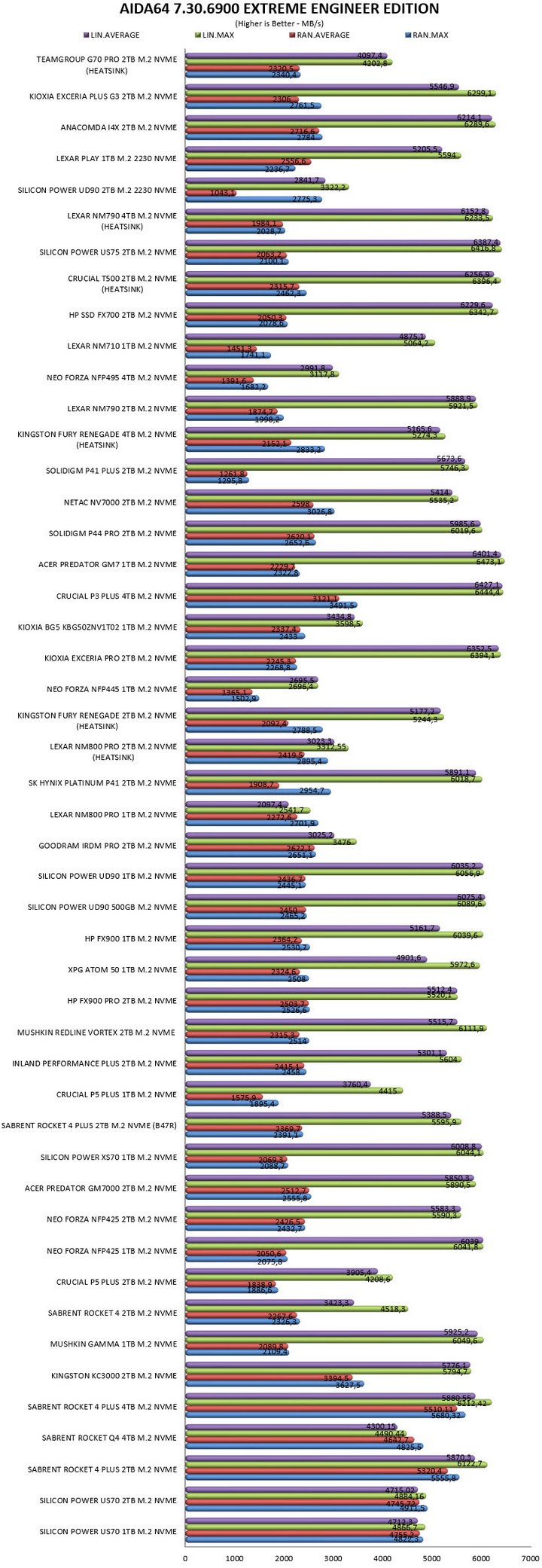

TEST RESULTS - HD TACH RW / HD TUNE PRO
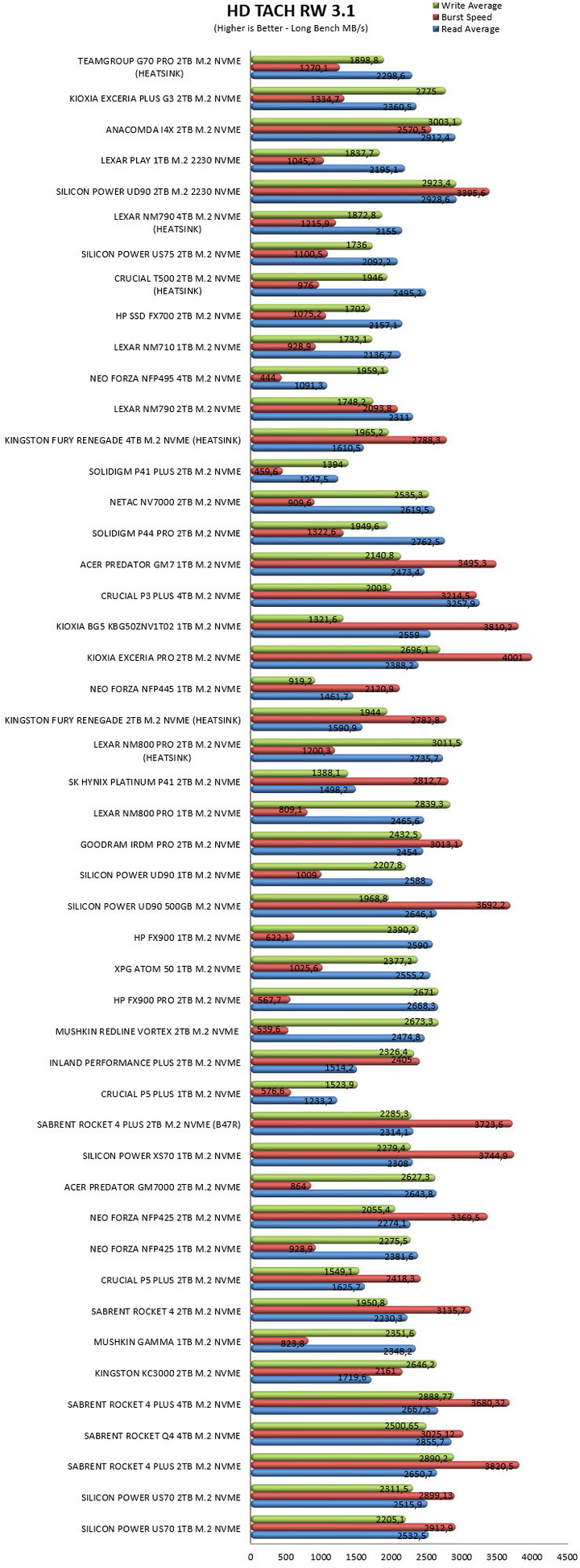

TEST RESULTS - SISOFTWARE SANDRA PRO / CRYSTAL DISK MARK
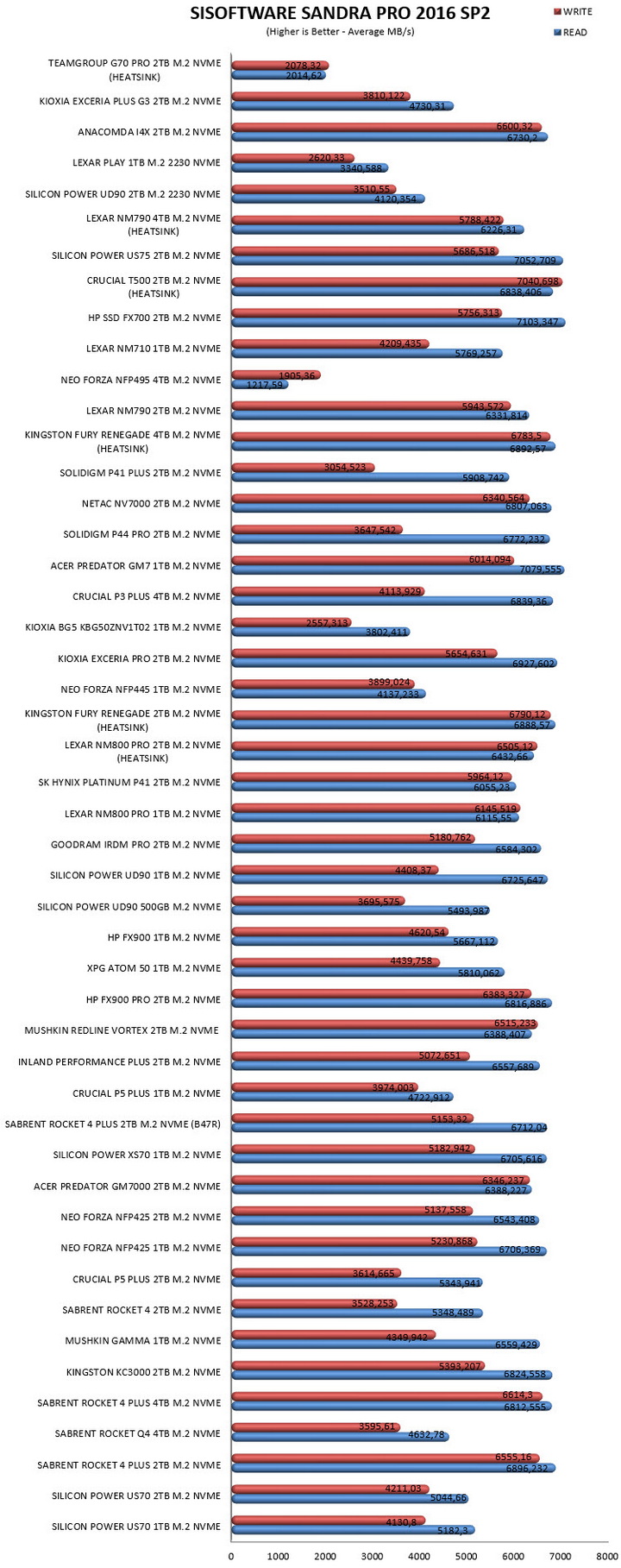

TEST RESULTS - AS SSD / IOMETER

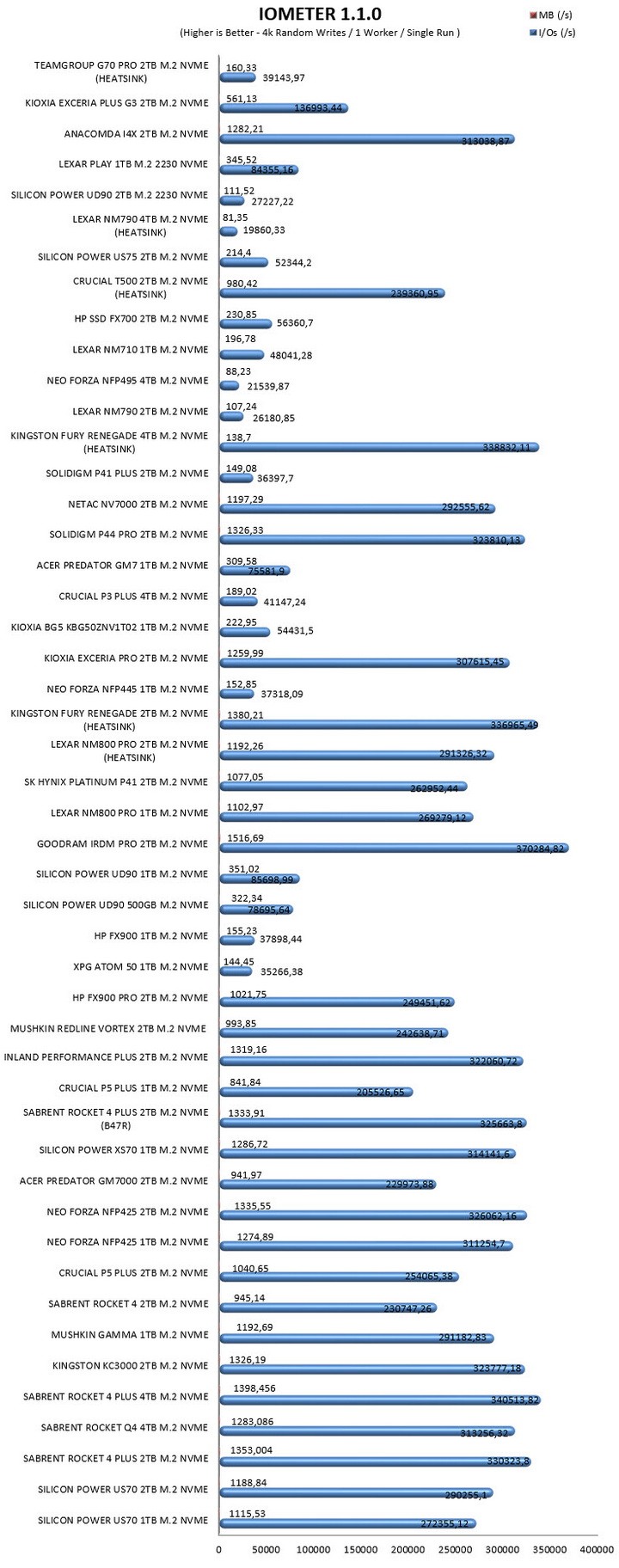
TEST RESULTS - IOMETER SNIA
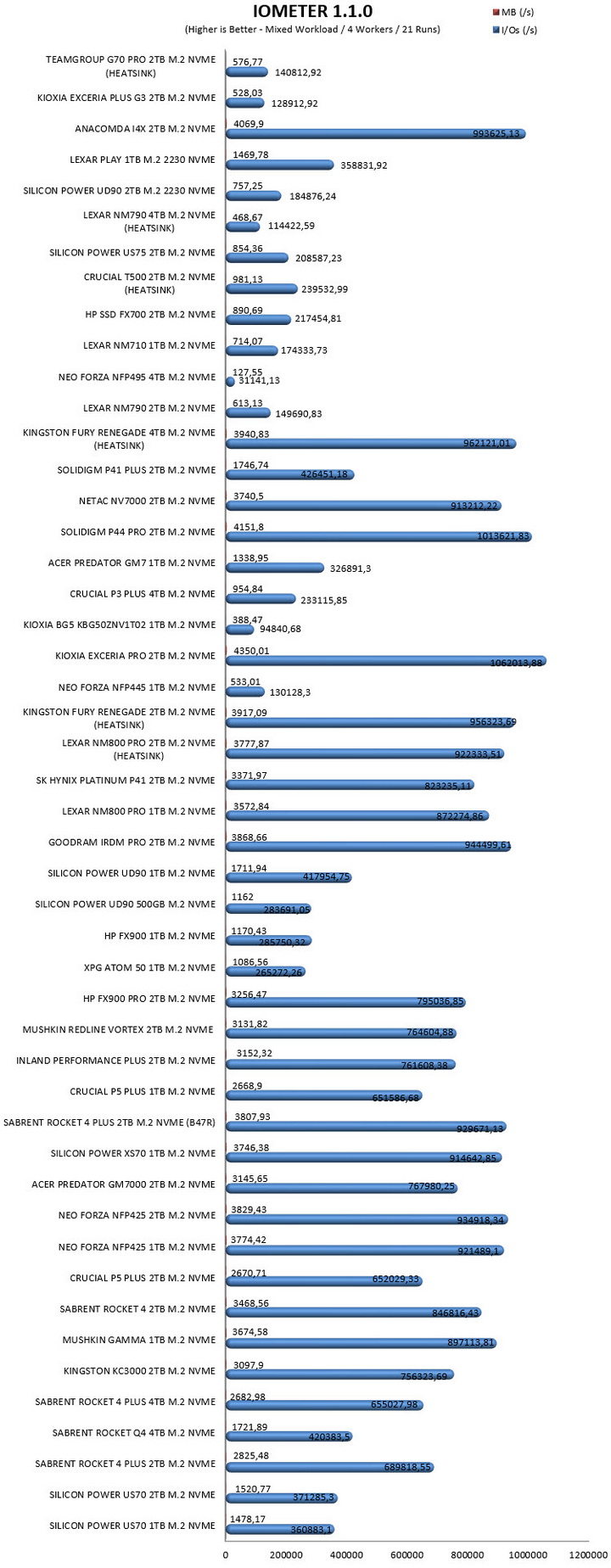
CONCLUSION
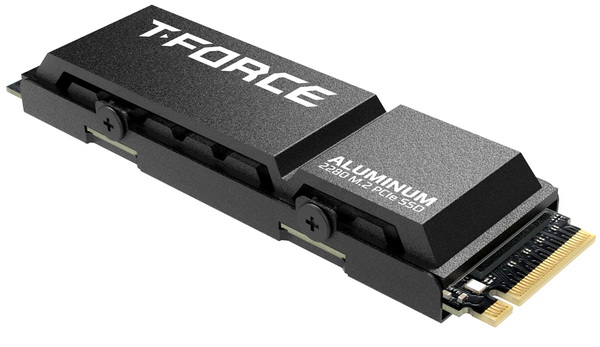
When TEAMGROUP send their G70 PRO 2TB Gen4 M.2 NVMe SSD I was very interested to see just how it would perform and honestly, I wasn’t impressed. The fact that I’ve reviewed 8 more models based on the same Innogrit IG5236 NAND controller didn’t help because many of those outperformed it (double checked my results on my X670E/Ryzen 9 7900X test rig as well, just in case). Now I do realize that TEAMGROUP decided to use 128-layer 3D TLC NAND instead of 176-layer to get higher durability numbers, but I didn’t expect this hit in performance (which could also be a firmware thing but no matter how much I looked I couldn’t find an update). As a matter of fact, I will be asking TEAMGROUP for a replacement of the sample I received just to be certain that this isn’t an issue with my sample. As things stand however the G70 PRO 2TB is clearly not what I was expecting it to be.
At the time of my review the G70 PRO 2TB Gen4 M.2 NVMe SSD by TEAMGROUP retails for USD149.99 inside the USA (Amazon.com) and for 176.95Euros inside the EU (Amazon.de) a price tag which at least on this side of the Atlantic is a bit over the top. At the end of the day numbers speak for themselves and so unless there was something wrong with my sample there are many models at around the same price range which are better overall than the G70 PRO 2TB model by TEAMGROUP.
PROS
- Endurance (1480TBW / 3 Million Hours MTBF)
- Heatsink (Limited Thermal Throttling)
- 5 Year Limited Warranty
- Price (USA)
CONS
- Overall Performance (Sample Issue?)
- Price (EU)

 O-Sense
O-Sense





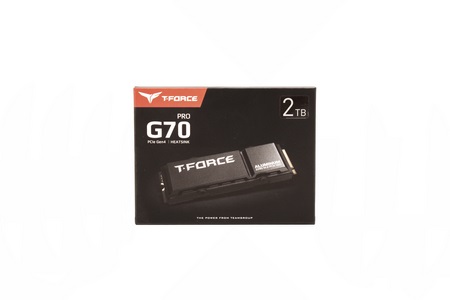
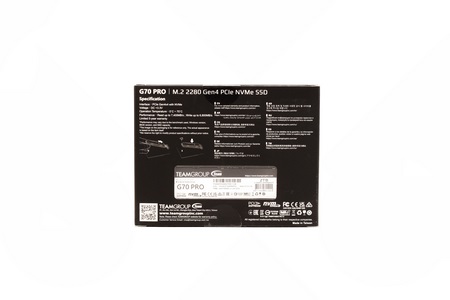
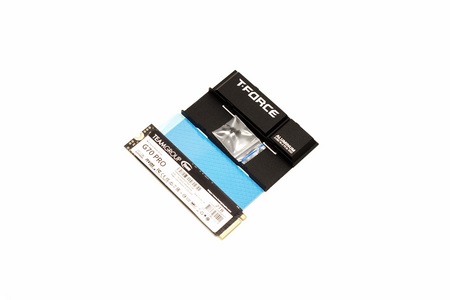
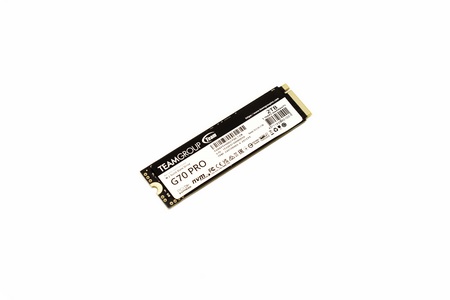
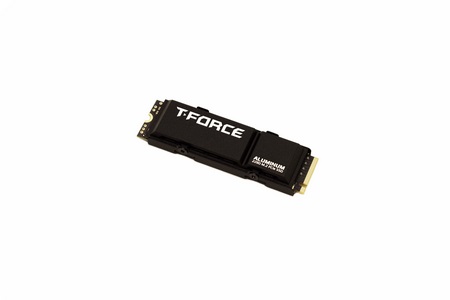
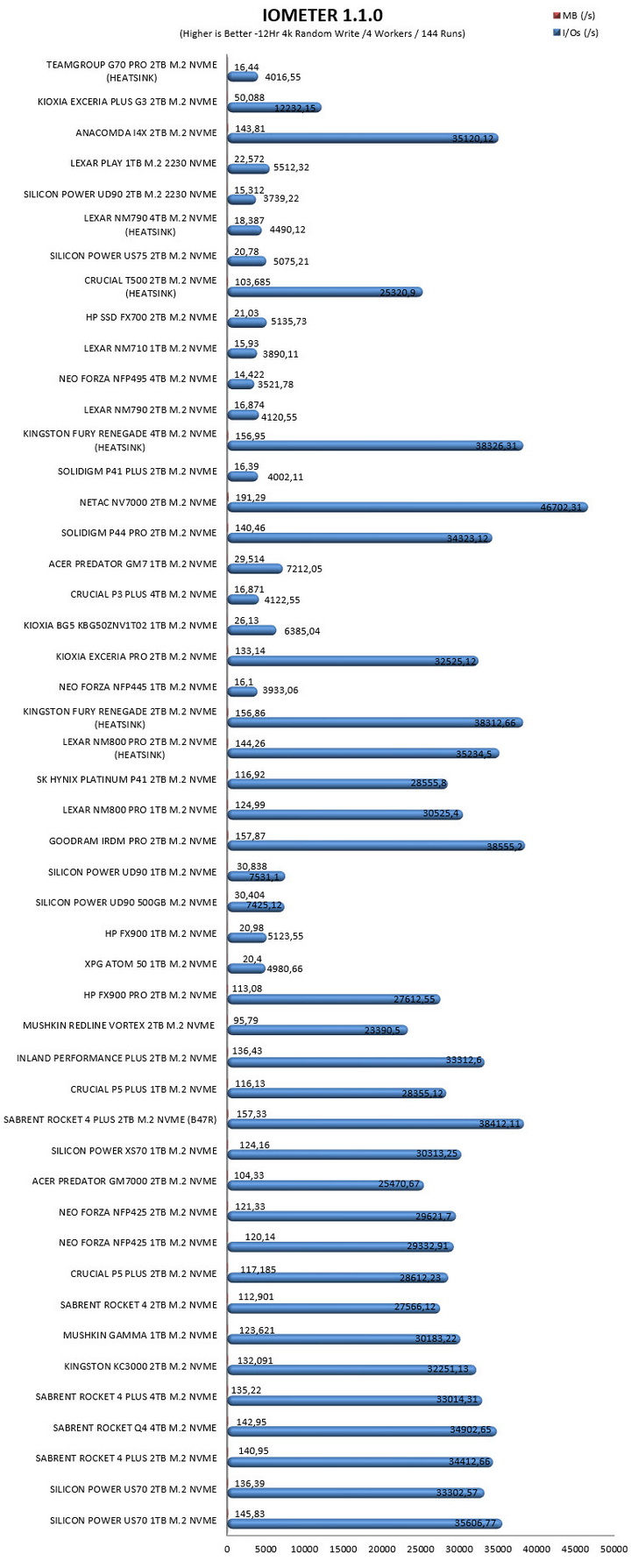
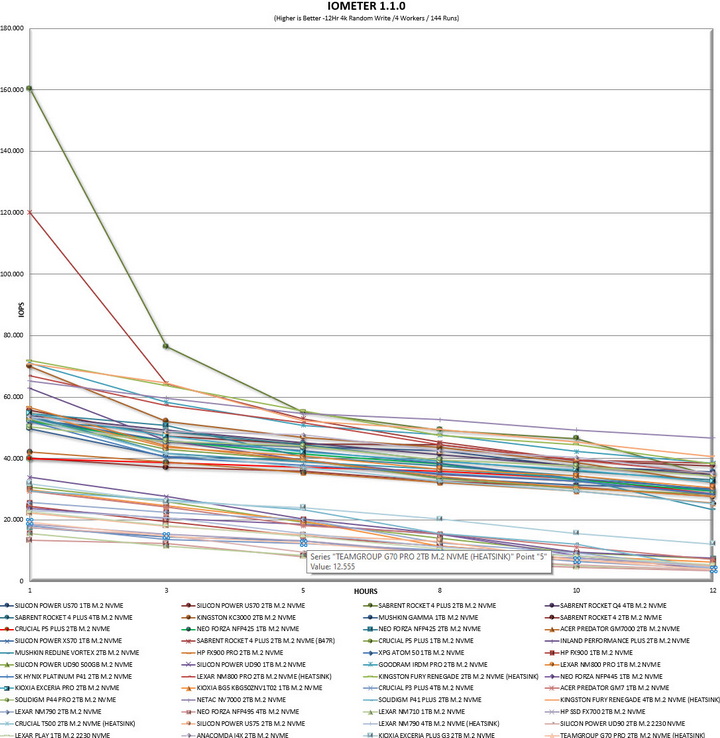


.png)

